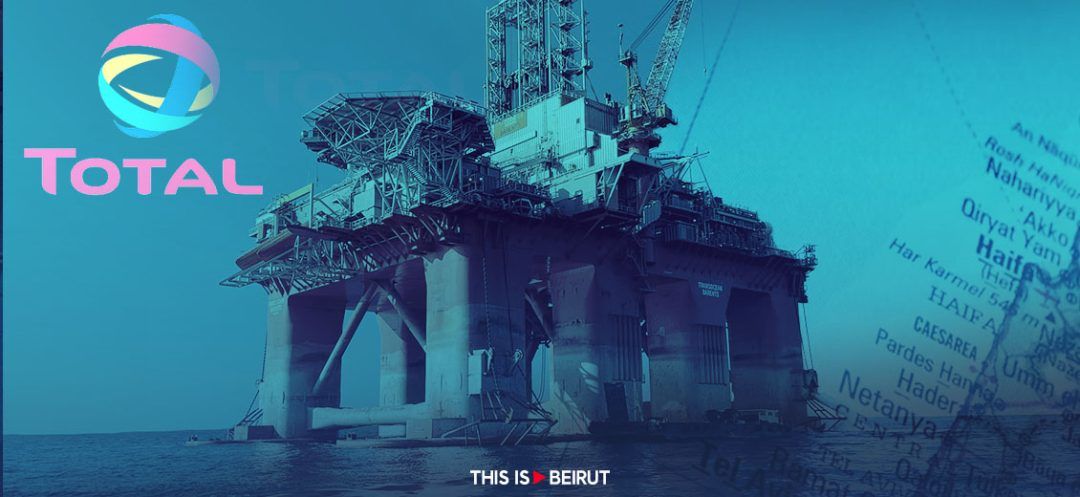
According to some information, a delegation from the Petroleum Sector Management Authority will convene with TotalEnergies officials in Paris on March 26. The agenda includes a thorough review and discussion of the drilling report in Block 9, which regrettably did not yield significant commercial oil and gas quantities.
Moreover, based on this report, Total-Energies is poised to make a decision regarding the next step in this block. It may either proceed with drilling a second well or announce its withdrawal from it.
In addition, if the French company decides to proceed with a second drilling, Lebanese authorities will advocate for expediting the process. However, TotalEnergies may invoke the ongoing war in the south and the delayed availability of a drilling rig as justifications, seeking to consume the drilling operations deadline, which extends until May 2025.
Furthermore, the upcoming meeting between TotalEnergies and the delegation from the Petroleum Sector Management Authority could reopen discussions regarding the allocation of Blocks 8 and 10. This follows the reservation of the French company towards the conditions set by the Ministry of Energy to finalize the allocation process, which involve expediting drilling in Block 10, seismic surveys in Block 8, and increasing the state’s share in cases of discoveries exceeding expectations.
According to well-informed sources, the Lebanese authorities are open to renegotiating this matter, with any result to be brought before the Cabinet for approval or rejection. As a result, Blocks 8 and 10 will be reintroduced into the third licensing round, extending until next July, along with Block 9, should Total-Energies choose to withdraw.
The sources voiced hope for a ceasefire in Gaza, which could pave the way for a long-term agreement along the southern Lebanese border. This would remove a significant political barrier impeding Lebanon’s access to its oil wealth. As per the same sources, the correlation between Lebanon's oil and gas sector and the events in Palestine and along its southern borders has become crystal clear.
Moreover, based on this report, Total-Energies is poised to make a decision regarding the next step in this block. It may either proceed with drilling a second well or announce its withdrawal from it.
In addition, if the French company decides to proceed with a second drilling, Lebanese authorities will advocate for expediting the process. However, TotalEnergies may invoke the ongoing war in the south and the delayed availability of a drilling rig as justifications, seeking to consume the drilling operations deadline, which extends until May 2025.
Furthermore, the upcoming meeting between TotalEnergies and the delegation from the Petroleum Sector Management Authority could reopen discussions regarding the allocation of Blocks 8 and 10. This follows the reservation of the French company towards the conditions set by the Ministry of Energy to finalize the allocation process, which involve expediting drilling in Block 10, seismic surveys in Block 8, and increasing the state’s share in cases of discoveries exceeding expectations.
According to well-informed sources, the Lebanese authorities are open to renegotiating this matter, with any result to be brought before the Cabinet for approval or rejection. As a result, Blocks 8 and 10 will be reintroduced into the third licensing round, extending until next July, along with Block 9, should Total-Energies choose to withdraw.
The sources voiced hope for a ceasefire in Gaza, which could pave the way for a long-term agreement along the southern Lebanese border. This would remove a significant political barrier impeding Lebanon’s access to its oil wealth. As per the same sources, the correlation between Lebanon's oil and gas sector and the events in Palestine and along its southern borders has become crystal clear.
Read more



Comments